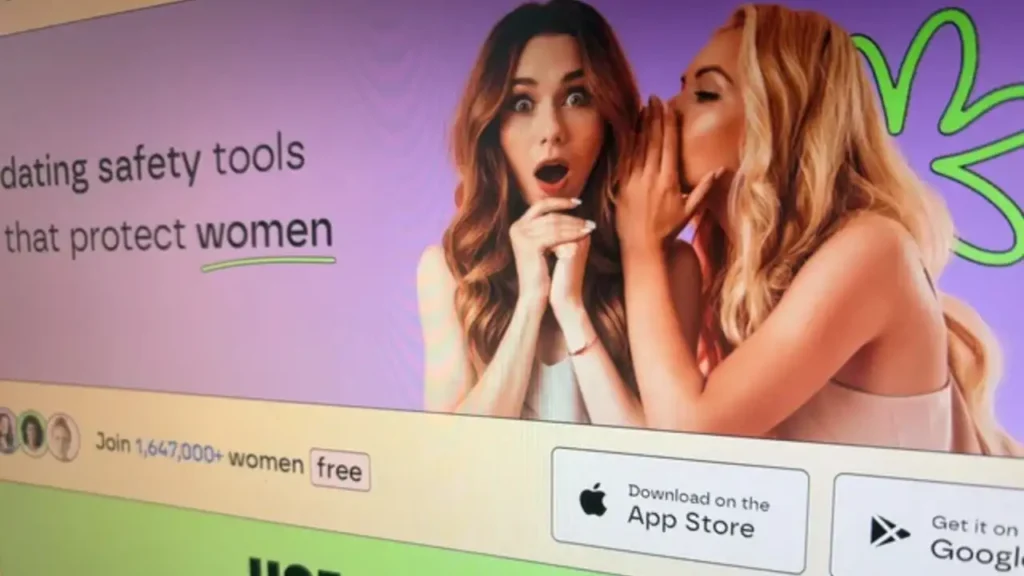Tea, a women-only dating review app that allows users to anonymously share experiences and rate their dates, has suffered a major security breach. The platform confirmed on Saturday that hackers had gained unauthorized access to its systems, resulting in the exposure of approximately 72,000 user images.
According to a spokesperson from Tea, the breach affected only users who signed up before February 2024. The compromised data includes 13,000 selfies and photo identifications submitted for verification purposes, along with 59,000 images from posts, comments, and direct messages exchanged within the app.
“We have engaged third-party cybersecurity experts and are working around the clock to secure our systems,” the company said in a statement. Importantly, Tea emphasized that sensitive personal data such as email addresses and phone numbers were not compromised in the incident.
The breach was first reported by 404 Media on Friday and has sparked growing concerns over digital safety, particularly within platforms designed to promote women’s security in online dating. Tea, whose motto is “women should never have to compromise their safety while dating,” markets itself as a safe space where women can verify and discuss dating experiences without revealing their identities.
Users must undergo a verification process to join the platform, including submitting selfies, which the app claims are deleted after review. However, this latest breach raises questions about how securely such sensitive data is handled and stored.
The incident comes amid a surge in interest in the app, with Tea recently reporting via Instagram that more than two million people had requested to join in just a few days. The platform’s rapid growth appears to be both a reflection of women’s demand for safer dating tools and a reminder of the critical need for robust cybersecurity.
As Tea works to investigate the breach and reinforce its systems, users are being urged to remain cautious. The company has yet to disclose if affected individuals will be notified directly or offered support following the exposure of their personal images.

